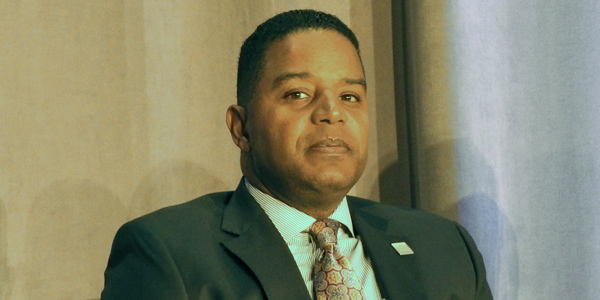By Rory D. Sweeney
FERC denied Baltimore Gas and Electric’s bid to recover $38 million in taxes deferred over decades, saying that “contrary to BGE’s assertion, we find that utilities do not have unfettered discretion to defer these tax amounts on their books for decades without timely seeking regulatory approval to collect them.”
BGE sought approval for three adjustments to its formula rate for how taxes are recovered (ER17-528). The revisions would have returned $4 million to customers related to tax rate changes but also collected approximately $42 million. The collections broke down to $29 million related to deferred tax liability for the equity component of allowance for funds used during construction (AFUDC) and approximately $13 million for an accounting adjustment to claw back tax benefits that were flowed through to customers at the time they originated, rather than relying on BGE’s current tax normalization methodology that collects tax liabilities and distributes benefits over time.
FERC said BGE took too long to make the adjustments.
“Although these accumulated amounts may represent legitimate deficiencies in accumulated deferred income taxes, we find that these deficiencies should have been captured in BGE’s formula rate since its implementation in 2005,” the commission said.
FERC cited 1981’s Order 144, which stipulated that all utilities use the normalization methodology. It additionally required them to begin the process of accounting for any tax excesses or deficiencies through rate adjustments. The order called for companies to make the adjustments in their next rate case following the order’s implementation or at least “within a reasonable period of time.”
“Had BGE properly addressed the tax deficiencies when its formula rate was initially filed in 2005, BGE may have been allowed to collect some portion of these deficiencies over the remaining life of the underlying plant assets that created the deficiencies,” the commission said.
BGE’s failure to “match” tax effects with the revenues that created them in a timely manner was “particularly noticeable” regarding the flow-through items because they are related to assets from prior to 1976, “most of which have been either fully depreciated or retired by 2016.”
“It is unclear if there are any relevant assets left on BGE’s books in 2017 to match the amortization period over the next 28 years,” FERC said.



